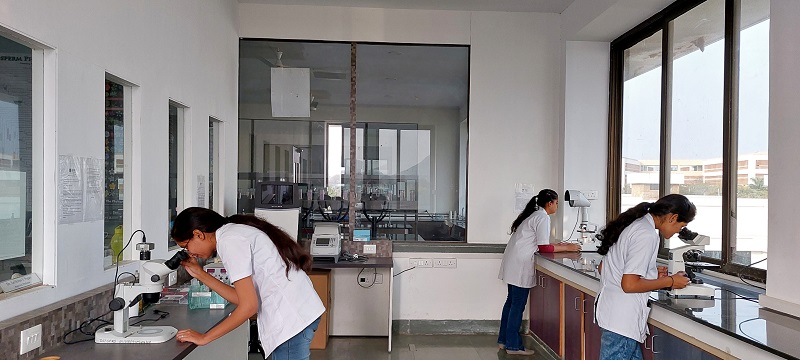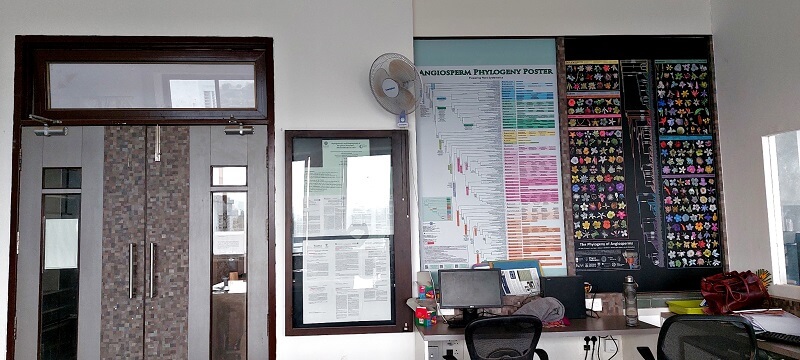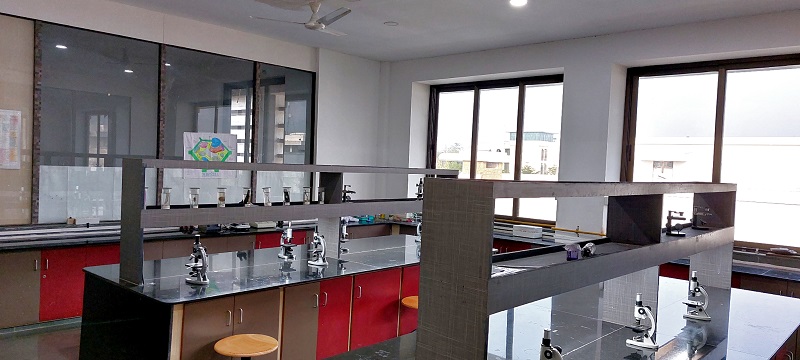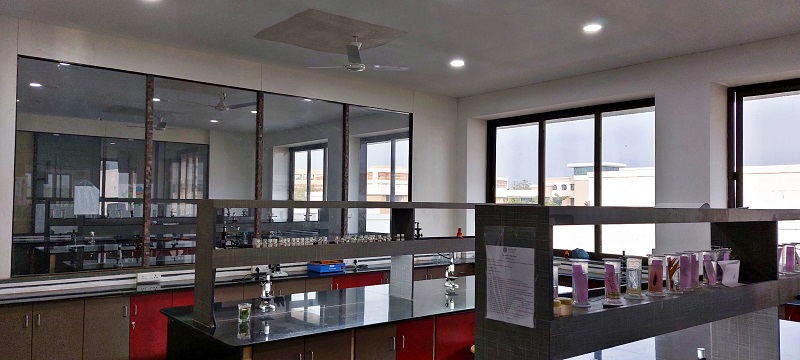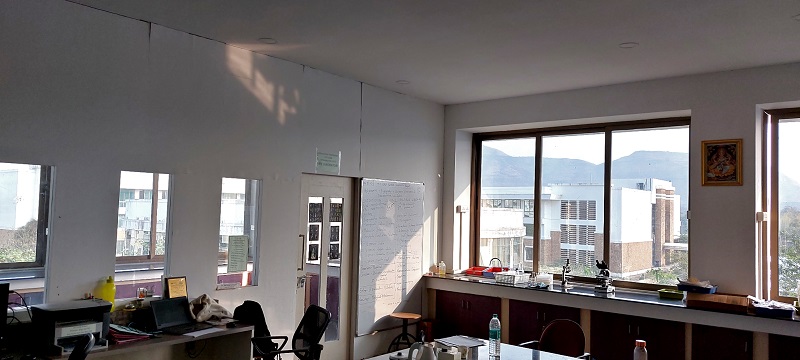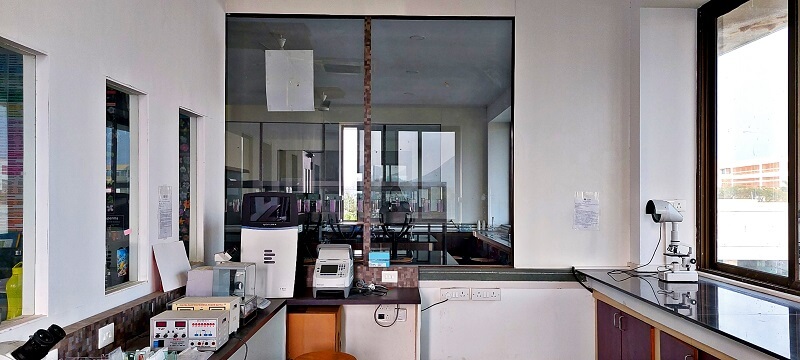Apply Now
About M.Sc. (Microbiology)
Career Opportunities in M.Sc. (Microbiology)

Food Scientist
A food scientist's role is to research, develop and test various ingredients and foods to ensure they are safe for human consumption.

Product Manager
A product manager is someone who identifies customer needs and the larger business goals that a product or feature will achieve, articulates what product success looks like, and assembles a team to realize that vision.

Nutritionist
Nutritionists are responsible for scientifically assessing people's needs and determining the most appropriate dietary plans.

Project Manager
Project managers plan and designate project resources, prepare budgets, monitor progress, and keep stakeholders informed throughout the journey.
Fee Structure & Eligibility
| Programme | Sem | Year | Mode | Eligibility | Academic Fees Per Year (INR) |
Special Fees (Incl. Library Fee & Examination Fees) Per Year (INR) |
Fees Per Year |
|---|---|---|---|---|---|---|---|
SCHOOL OF SCIENCE (PG) |
|||||||
| M.Sc. Microbiology | 4 | 2 | Sem | Graduation from respective stream or equivalent course with minimum 50% marks for open and 45% marks forreserved category students | Rs. 38,000 /- | Rs. 7,000 /- | Rs. 45,000/- |
Note:
- Admission Form and Prospectus Rs. 1000/- (One Time).
- Caution Money Rs. 1000/-
- Hostel Fees Rs. 1,10,000/- per annum + 5000 (Deposit Rs 5, 000 at the time of Admission only on refundable basis) Minimum 4 Occupancy
- Transportation Fees as applicable based on Route and Pick Up Point.
- Uniform Cost Rs. 6000/-

.jpg)









